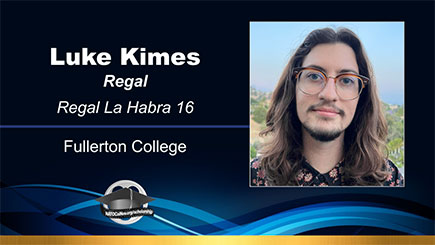|
I watched Boys Don't Cry at age thirteen on a mobile device, late into the night, hiding under my bedsheets for more reasons than the fact that I was up far past my bedtime. I already knew that I was a transgender man at the time, but had yet to tell anyone. I knew what I was since I had first heard the word whispered. The word was always whispered, but it had felt so powerful. It was a word that finally explained the complex feelings I had always felt regarding my gender and identity. Although transgender people and their stories have made bigger appearances in both film and television media in recent years, over a decade ago the only movie on this subject I could find was a low-budget passion project from 1999. Boys Don't Cry tells the tale of Brandon Teena. Like too many queer stories from the time period, it was not a pleasant one. Brandon Teena was assaulted, and later murdered, by acquaintances after being outed by a local newspaper. He reported his assault to local authorities, but the city's sheriff refused to arrest the culprits after questioning Brandon's identity and sexuality. This left the pair free to have murdered Brandon in retaliation. Brandon Teena is more than a character from a movie. He was a real person at the center of a hate crime that was heard nationwide. Even after death, he could not find solace or acceptance, painted by some as a confused or malicious woman whose own actions of trickery and deceit led to his murder. The reason Boys Don't Cry has stuck with me for so long is that it takes a messy, but empathetic, look at Brandon's life during a time when the transgender experience was still so alien and scary to the general public. Transgender people are often portrayed as loud, flamboyant individuals, as if they are living a never-ending drag performance. But Brandon tried to live his life quietly, seeking out friends who only knew him as him. When I watched this movie, I saw a young man who only wanted to love, have friendships, and simply belong as any other man would be allowed. He did not disclose his situation, no doubt out of fear, but also perhaps because it was not necessary to get to know him. He was just Brandon. Even knowing the betrayal that would come upon him, I was so deeply envious of that first half of the movie. Envious to live a life where one does not need to worry daily about others' acceptance with the security stealth can provide. I was only a closeted thirteen-year-old up past my bedtime, but in those moments I was also Brandon. It may be bold for me to say this is the movie that deserves to be seen on the big screen when I myself have never seen it on one, but cinema is more than simple entertainment. A film brings together a local community and allows them to process art in a shared experience. When a person sees something that makes them uncomfortable or they may disagree with, this environment makes them less likely to simply turn away. Someone cannot turn off the show or fast-forward past a hard scene. The audience, in a way, is held captive. They are forced to think about what they witness; to sit and feel what they are feeling. A film like Boys Don't Cry humanizes a group of people who were so used to being dehumanized, even after their deaths. This film is deeply uncomfortable and may cause some people to question things they thought they knew, but that is precisely why it is important to watch until the end. In Boys Don't Cry, I saw my future--brave, free, and only to end in a tragedy like Icarus and the sun. I was wrecked by the assault and murder of Brandon. That was my death. I felt scared and isolated as I watched this movie because that was the truth. I was alone. Watching Boys Don't Cry was a formative experience in my journey with gender identity, and it terrified me. However, if I had watched this film with a community surrounding me, I believe that I may have felt differently. I could have walked out of the theater believing that although the future was scary and dangerous for people like me, there were others who shared this experience with me. There were others who empathized. Maybe they were not Brandon in the ways I was, but they witnessed his pain. They knew his struggle and, I could hope, recognized his humanity. Then, someday in the future, I could hope those same people would recognize me as Luke. |
|
||||||
Copyright ©
2025
NATO CA/NV

